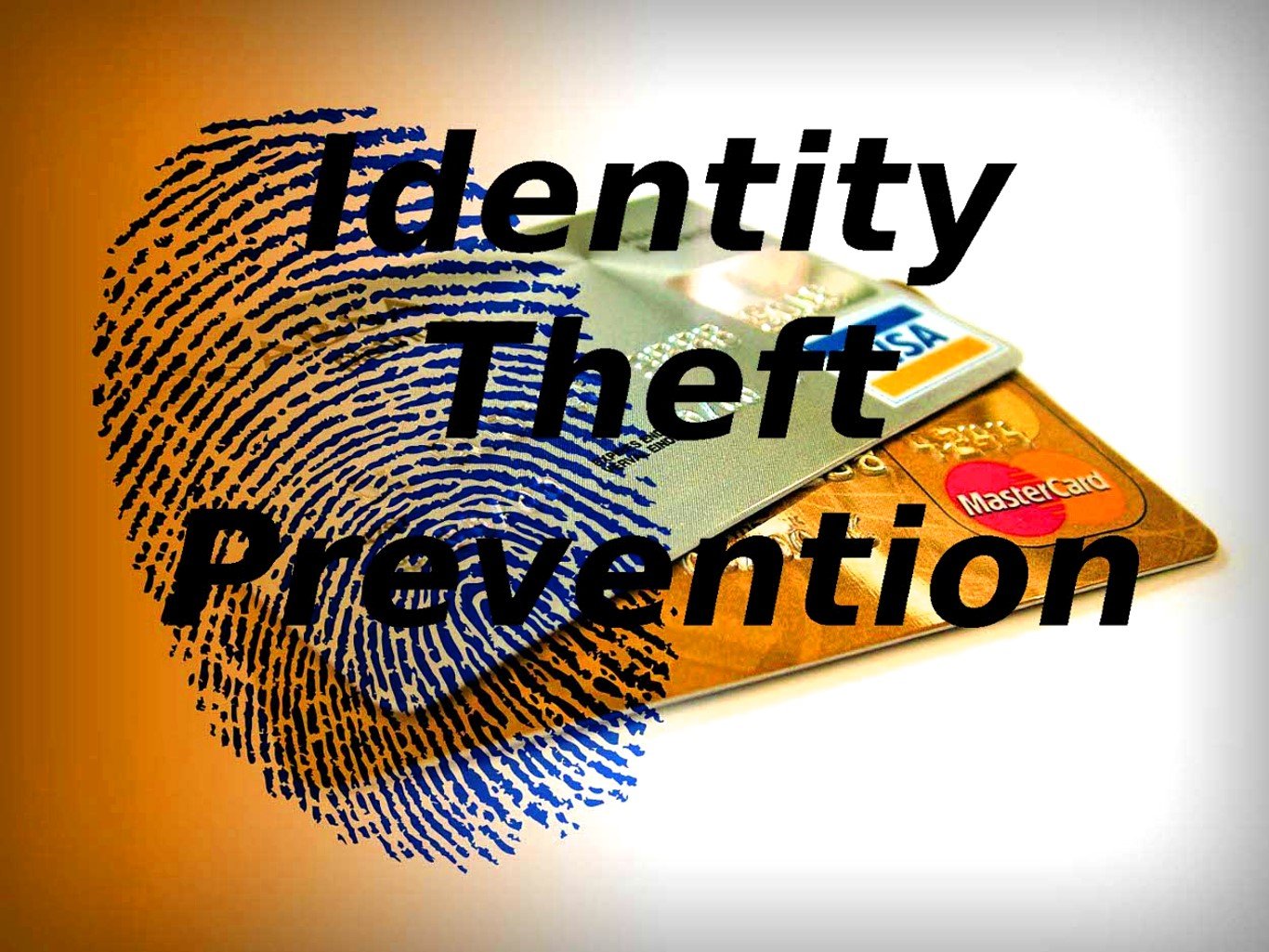10 Tips to Prevent Identity Theft in 2024

Identity theft is a pervasive and costly crime that can wreak havoc on your finances, credit score, and overall peace of mind.
According to the Federal Trade Commission (FTC), identity theft reports have been on the rise, with millions of cases reported each year.
Understanding how identity theft occurs and taking proactive measures to protect yourself is crucial in today’s digital age.
In this comprehensive guide, we’ll explore 10 essential tips to help you prevent identity theft and safeguard your personal information.
Use Strong Passwords
One of the simplest yet most effective ways to protect your online accounts is by using strong and unique passwords. Avoid using easily guessable information such as your name, birthdate, or common words.
Instead, create complex passwords that combine uppercase and lowercase letters, numbers, and special characters.
Consider using a reputable password manager to generate and store your passwords securely.
Enable Two-Factor Authentication
Adding an extra layer of security to your online accounts is crucial. Two-factor authentication (2FA) requires you to provide two forms of identification before accessing your accounts, typically a password and a verification code sent to your mobile device.
This additional step significantly reduces the risk of unauthorized access, even if your password is compromised.
Be Cautious Online
When browsing the internet or shopping online, exercise caution and vigilance. Stick to reputable websites with secure HTTPS connections, especially when entering sensitive information like credit card details.
Avoid clicking on suspicious links or ads, as they could lead to phishing scams or malware downloads. Always verify the legitimacy of websites before providing any personal information.
Monitor Financial Accounts
Regularly monitoring your financial accounts is essential for detecting any unauthorized activity early on. Keep a close eye on your bank statements, credit card transactions, and credit reports.
Report any suspicious or unfamiliar charges to your financial institution immediately. Many banks and credit card companies offer alerts and notifications for unusual activity, so take advantage of these services.
Secure Personal Information
Protecting your personal information is paramount in preventing identity theft.
Avoid sharing sensitive data such as your social security number, driver’s license details, or financial account passwords unless necessary and with trusted entities.
Be cautious of phishing attempts via email, phone calls, or text messages requesting personal information.
Shred Documents
Properly disposing of sensitive documents is crucial in thwarting identity thieves. Use a shredder to destroy old bank statements, bills, credit card offers, and any paperwork containing personal information before discarding them.
Don’t undervalue the significance of shredding because identity thieves frequently use dumpster diving to gather information.
Read More: How to Get Back Your Stolen Inheritance?
Beware of Phishing
Cybercriminals use deceptive methods like phishing scams to trick people into disclosing personal information.
Be wary of unsolicited emails, messages, or phone calls that ask for sensitive data or prompt you to click on suspicious links. Verify the legitimacy of the sender or organization before providing any information.
Use Security Software
Installing and regularly updating security software on your devices is essential for defending against malware, viruses, and other online threats.
Use reputable antivirus programs, anti-malware tools, and firewalls to protect your devices and data. Keep these security software programs up-to-date to ensure they’re equipped to handle evolving threats.
Educate Yourself
Staying informed about the latest identity theft trends and prevention techniques is key to staying protected.
Educate yourself and your family members about common scams, phishing tactics, and best practices for online security.
Consider attending workshops or seminars on identity theft prevention that reputable organizations offer.
Stay Vigilant
Finally, staying vigilant and proactive is the best defense against identity theft. Regularly review your credit reports from major credit bureaus to check for any suspicious activity.
Keep an eye out for red flags such as accounts you didn’t open, unfamiliar inquiries, or discrepancies in your personal information.
Report any signs of identity theft to the authorities and take immediate action to mitigate the damage.
Conclusion
Identity theft can have devastating consequences, but by implementing these 10 tips, you can significantly reduce your risk and protect yourself from falling victim to this crime.
Use strong passwords, enable two-factor authentication, practice safe online browsing habits, monitor your financial accounts, secure your personal information, shred sensitive documents, beware of phishing scams, use security software, educate yourself about identity theft risks, and stay vigilant at all times.
By taking these proactive measures, you can safeguard your identity and financial well-being in an increasingly digital world.







